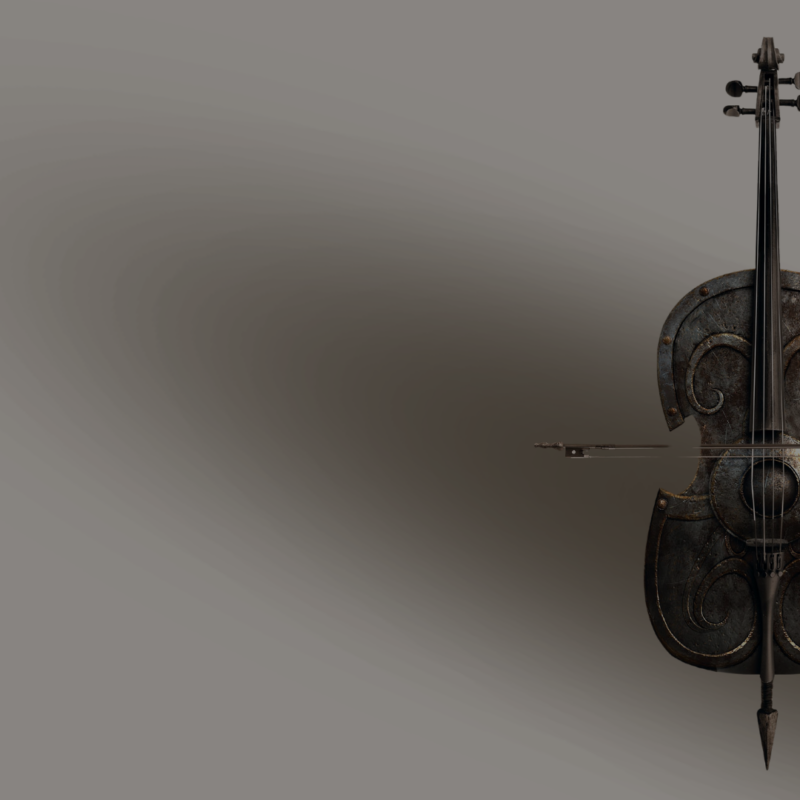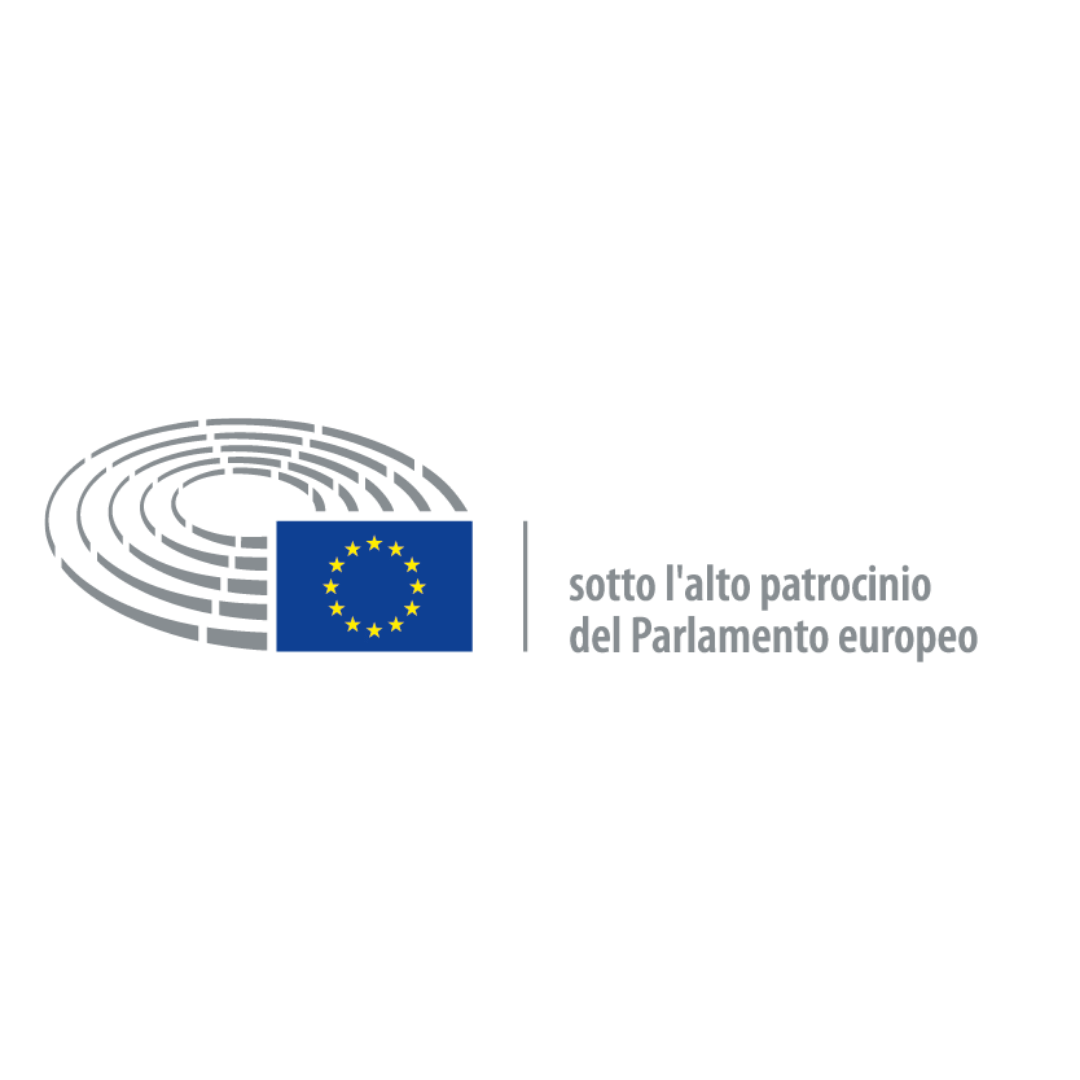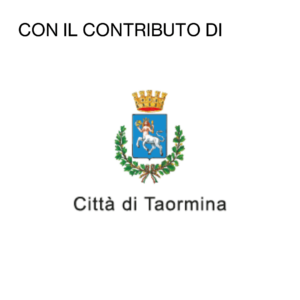A narrator, two actresses, one hundred cellists to bring to life in Taobuk the pages of The Peloponnesian War of Thucydides. It is a stage – the Ancient Theatre of Taormina – which is not limited to being a frame, but becomes a community because, according to Alessandro Baricco, author and narrator on stage, “works of this type are rites of memory to be done with many people”. To tie the thread of history and stretch it, like a rope that is also a warning, on the temporal plane of the present. So as to reflect on the atrocities of war, on the meaning of justice and instill in the audience a doubt: are our minds different from those of the men of that time?
Only one Sicilian date: Sunday, June 23. An evening that promises to be “epic”. The wait for Thucydides grows. Athens against Melo, the new show by Baricco, author, director and narrator on stage. On stage also Stefania Rocca, Valeria Solarino and the 100 Cellos directed by Enrico Melozzi and Giovanni Sollima, who composed the original music.
If you don’t want to miss one of the most anticipated events of the year, hurry up and buy your ticket…. Seats are limited.
“Surrender or we will destroy you”
It is the ultimatum given by the Athenians to the inhabitants of the island of Melo in 416 BC, reported by the Greek historian Thucydides in his Peloponnesian War. Give up your own identity and submit to the enemy or fight knowing you are annihilated? These are the questions that the author of Seta e Oceano Mare will raise in the play, which combines the historical reconstruction of the facts to the dramatic pathos and the cathartic power of the word.
In the winning and defeated dichotomy, oppressor and oppressed, strong and weak, the work unfolds and translates the dilemma of choice, reported by Thucydides in an almost dramatic way. The crossroads in front of which the Meli, until then allies of Athens but guilty of wanting to move away from the conflict to become neutral, becomes a universal reflection on Justice and Law. And today’s audience can only think about what is happening in Europe, even if the show was born long before the war began today. In the words of the ambassadors there is a fundamental heritage of Western culture: how to save the value of what is right in the exercise of politics and in the barbarization of war?
And if Stefania Rocca and Valeria Solarino give voice to the Athenians and the Apple Trees, the notes of the 100 Cellos will do the rest. As part of the set, the hundred cellos will become acoustic phalanges, with the bows to be spears and the instruments to be shields. More. Music has a crucial role in the show: it beats the rhythm of dialogue, presses the words, almost tearing them from the lips. The tension is high: the conflict is without escape. And in the end it will be siege. The island of Melo will be razed to the ground, there will be bloody battles, chases at sea, life and death sentences: men will be killed, women and children enslaved. And the blackmail of the Athenians will do nothing, with the arrogance of those who are aware of their superiority in the war Compact, the inhabitants of Milo will remain faithful to themselves, to their identity precisely, which is the theme of this edition of the festival. Even if they lose their lives.
One hope, however, is there. It resides in the last episode evoked by Baricco: the revolt of Mytilene against Athens. A story that could have ended exactly like the siege of Milo, but that for a set of coordinates of destiny, of second thoughts, will, desires and favorable winds, ended up succeeding completely different. An invitation, says Baricco, to have the “ability to constantly correct, to think hard and to rethink, then, with even greater force, to arm one ship after another, and send them across the world carrying our tireless attempt to understand reality and ourselves”.














































